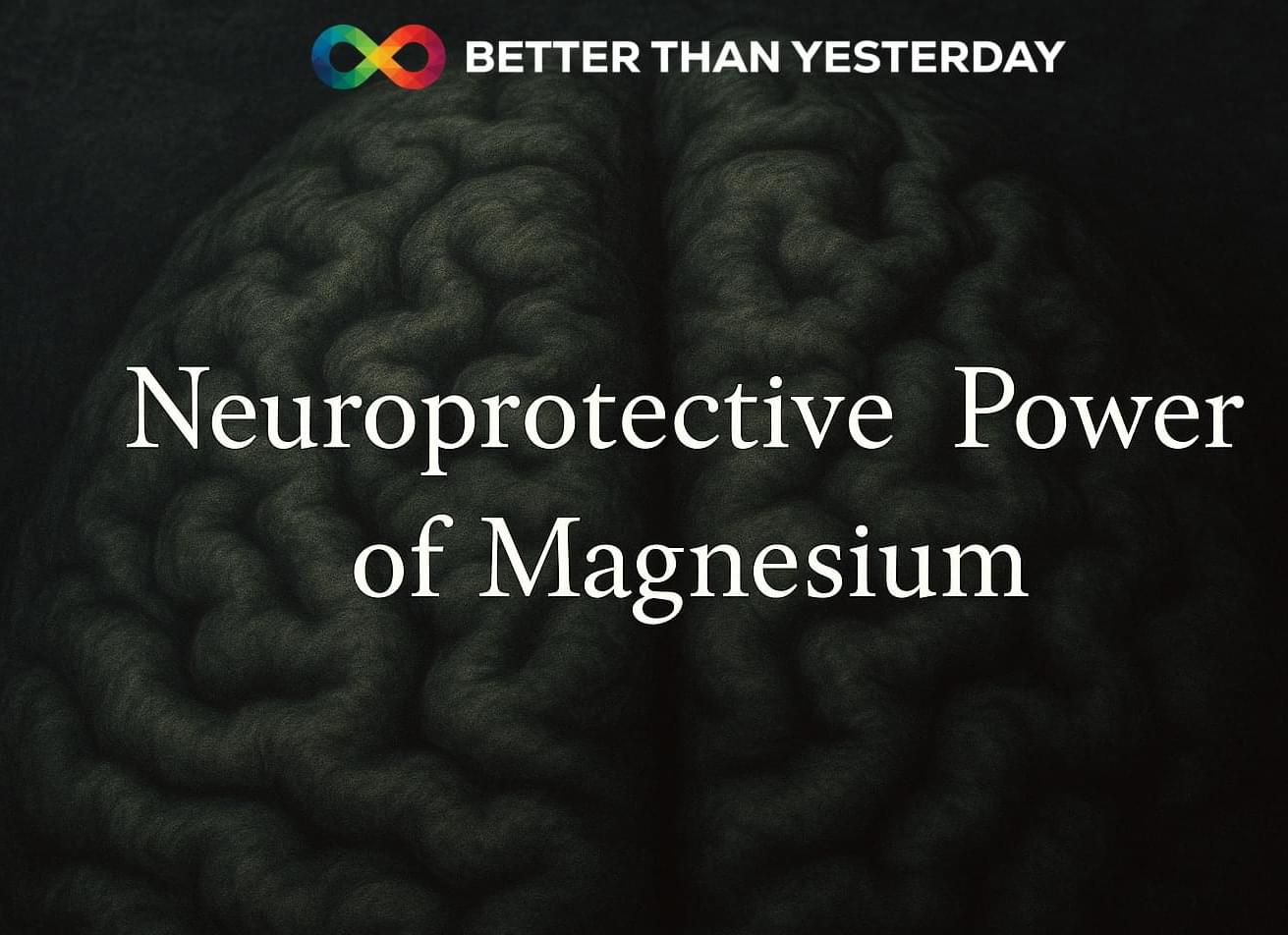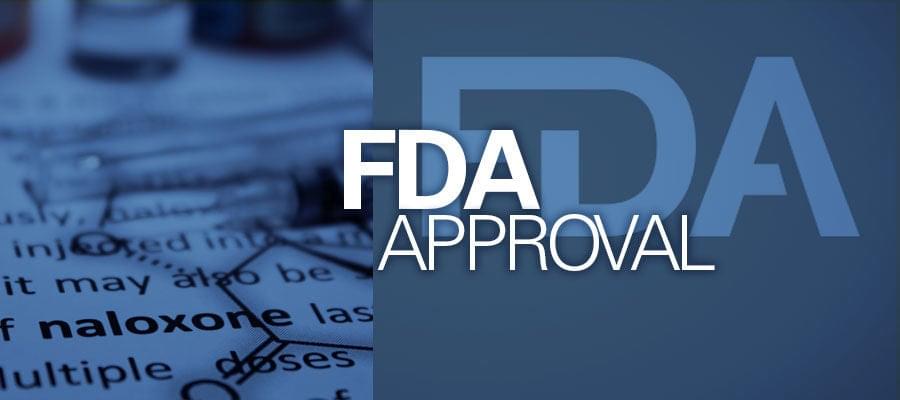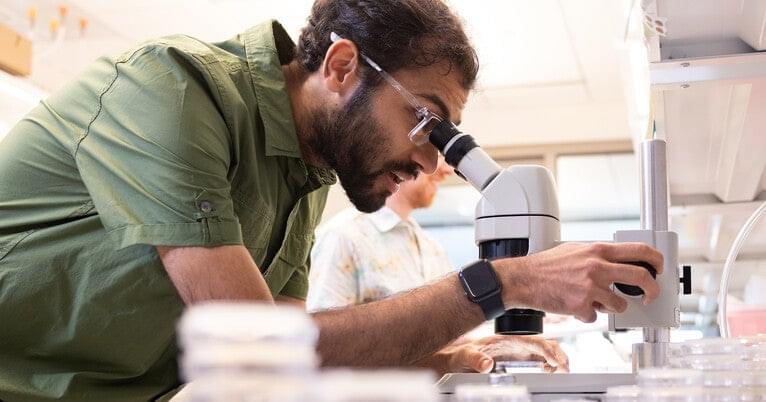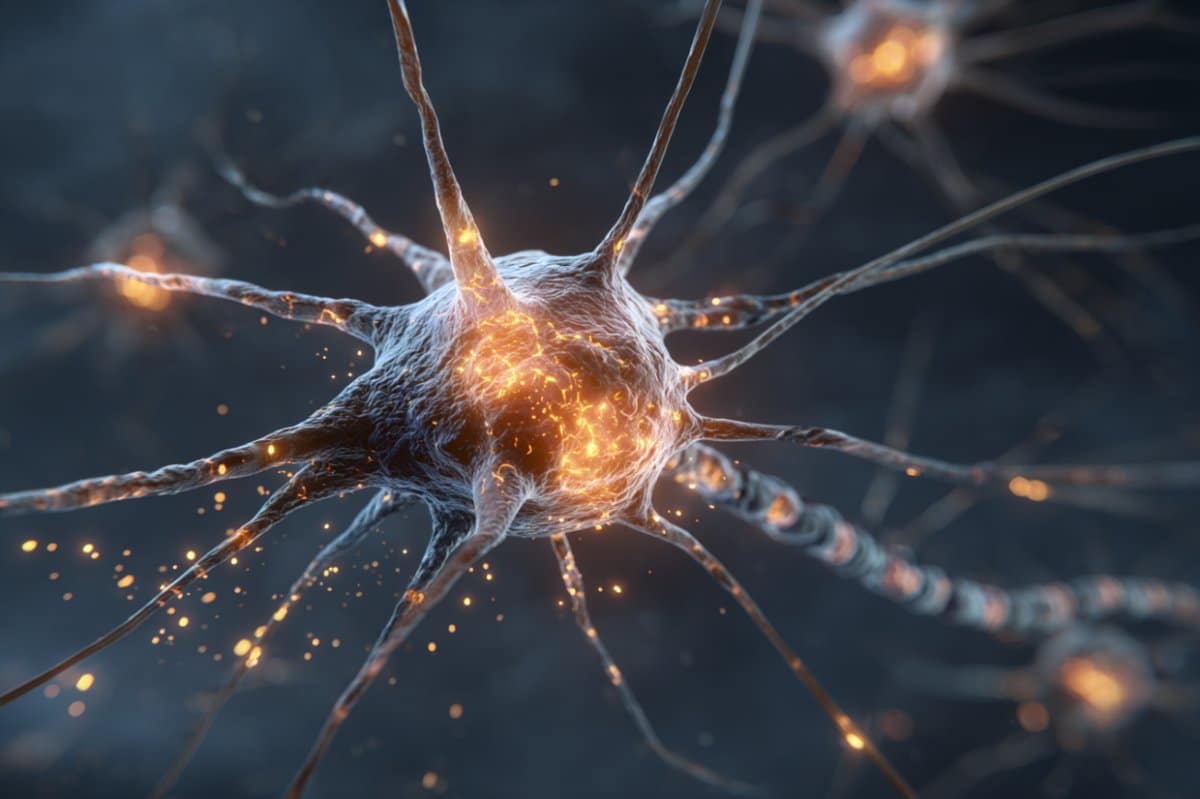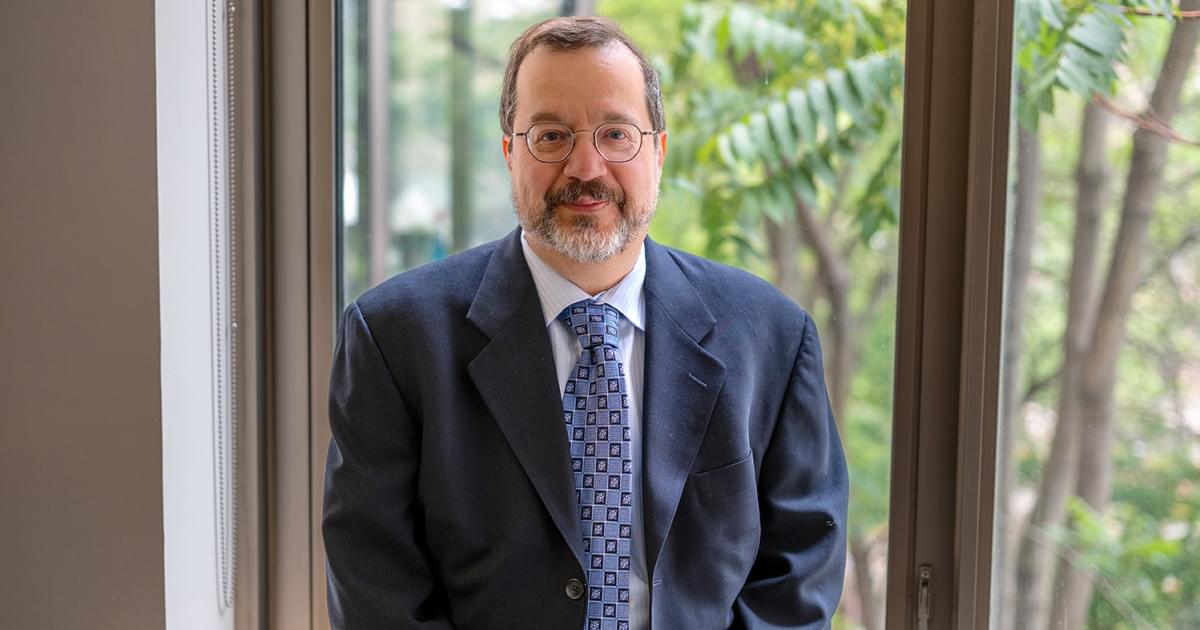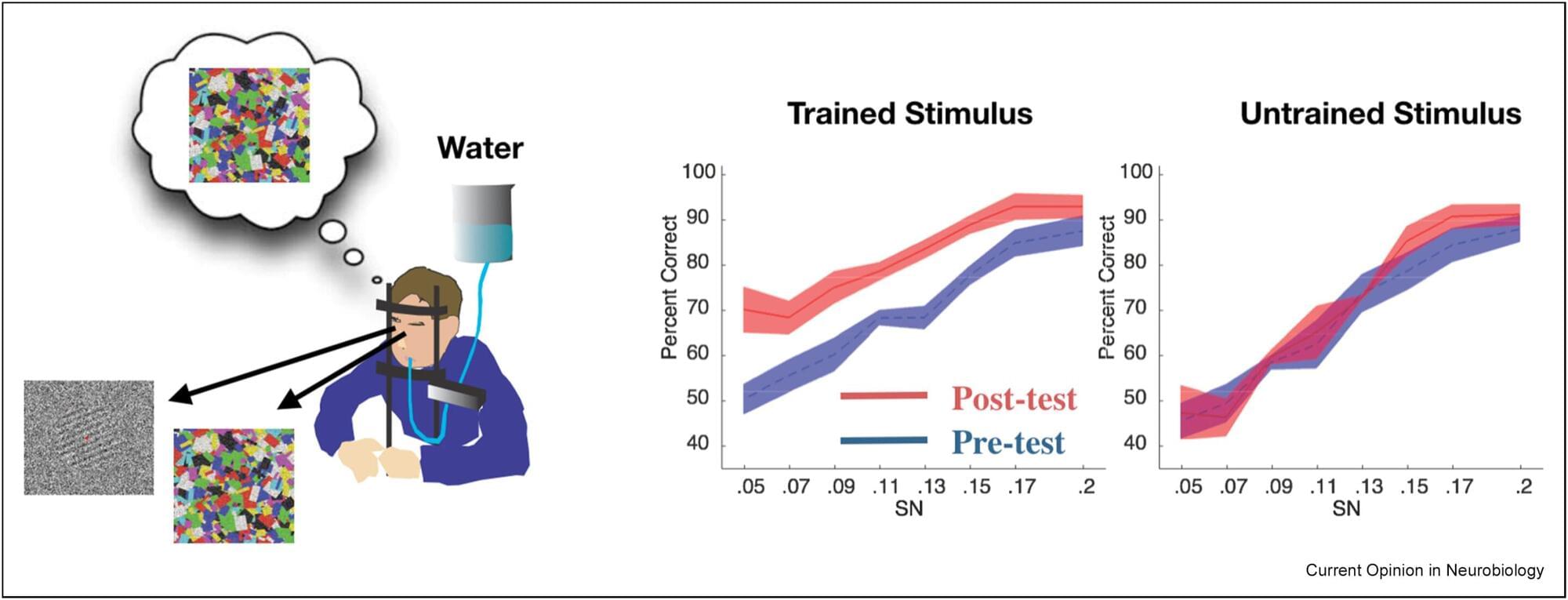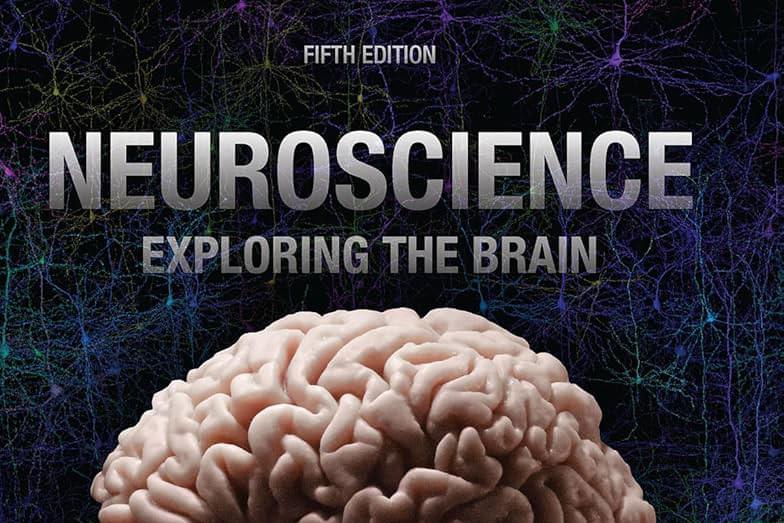An interdisciplinary team working on balls of human neurons called organoids wanted to scale up their efforts and take on important new questions. The solution was all around them.
For close to a decade now, the Stanford Brain Organogenesis Program has spearheaded a revolutionary approach to studying the brain: Rather than probe intact brain tissues in humans and other animals, they grow three-dimensional brain-like tissues in the lab from stem cells, creating models called human neural organoids and assembloids.
Beginning in 2018 as a Big Ideas in Neuroscience project of Stanford’s Wu Tsai Neurosciences Institute, the program has brought together neuroscientists, chemists, engineers, and others to tackle the neural circuits involved in pain, genes that drive neurodevelopmental disorders, new ways to study brain circuits, and more.

